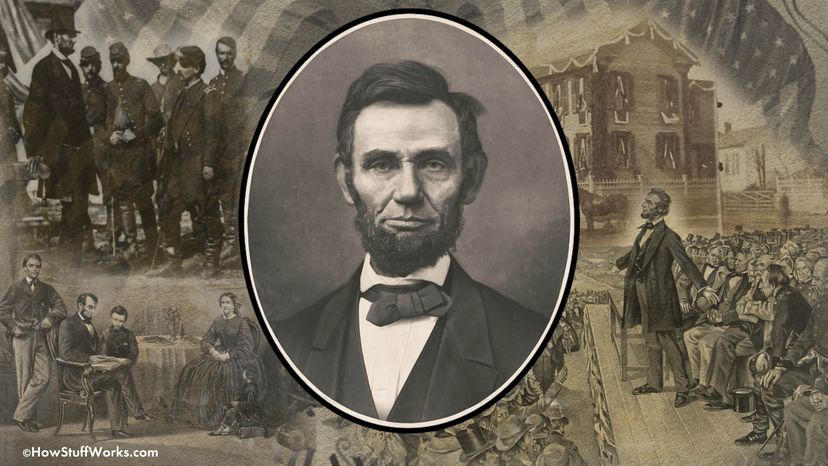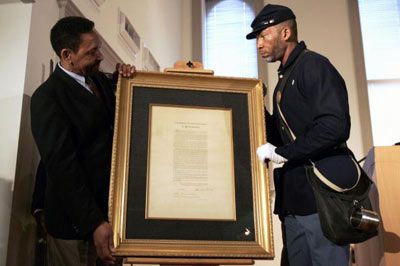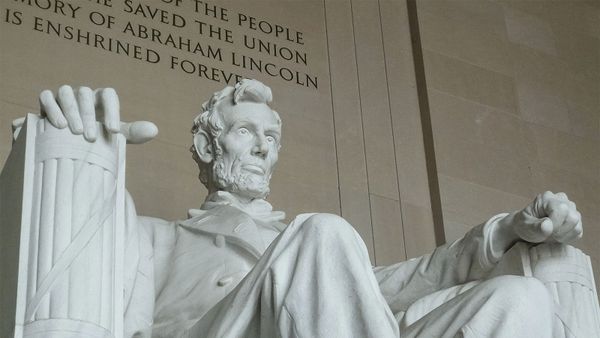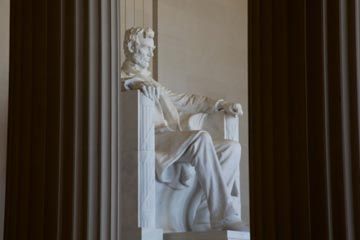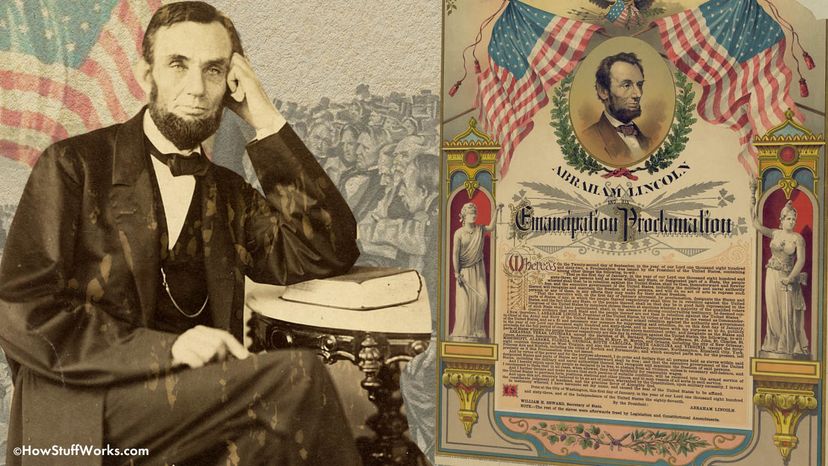
The most well-researched, intimately studied and widely written-about president in America's history is, without a doubt, Abraham Lincoln. He's probably the most well-known person in America's history. Everybody knows Honest Abe.
The Great Emancipator freed the slaves and guided the country through a devastating Civil War. The ol' rail-splitter gave a famous speech ("Four score and seven years ago") at Gettysburg. He wore a stovepipe hat. He had a beard. And then there was that tragic ending at Ford's Theatre.
Advertisement
Among historians and political scientists, No. 16 (Lincoln, as most everyone knows, was the 16th U.S. president) is consistently No. 1.
"The Civil War is such a powerful turning point in our history; it's really, in a sense, the second founding of the country. His successful leadership in that enterprise ... entitles him to a lot of respect," says Michael Burlingame, the Chancellor Naomi B. Lynn Distinguished Chair in Lincoln Studies at the University of Illinois Springfield and the author of several books on Lincoln. "But more than that, it's his character. People admire him not just for what he achieved, which was monumental — literally and figuratively in this case — but for who he was, and how he conducted himself, and what he stood for and how he articulated the ideals of the country."
As well-worn as the subject of Lincoln is, though, much still eludes us about this complicated, tortured man.
Here are nine lesser-known nuggets about America's most-beloved president.
Advertisement
